Meghan Markle vs. the Mail: how the privacy case played out in court
Duchess of Sussex celebrates victory against newspaper over post-wedding letter to her father
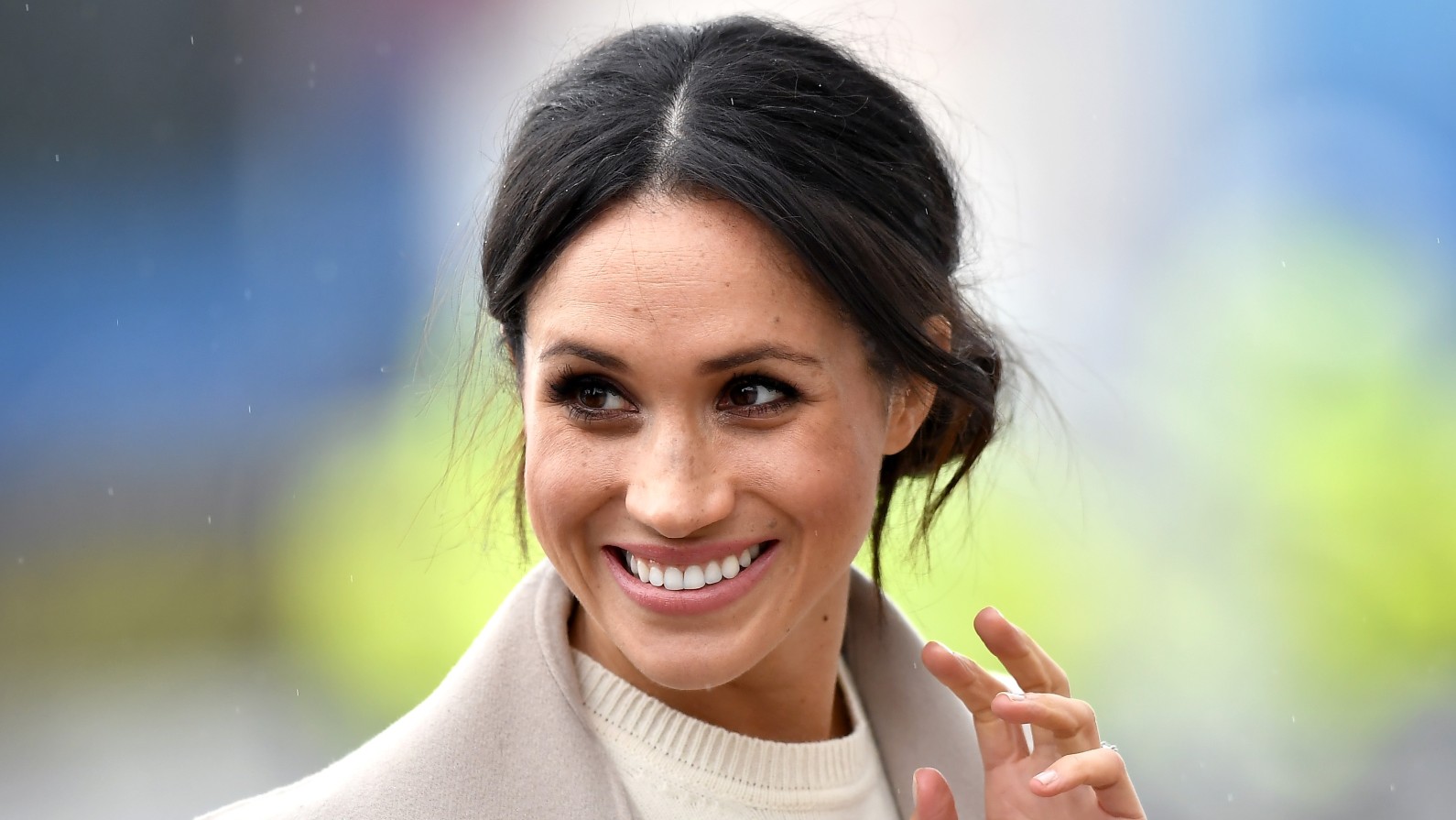
A free daily email with the biggest news stories of the day – and the best features from TheWeek.com
You are now subscribed
Your newsletter sign-up was successful
The Duchess of Sussex has won what she called a “precedent-setting” victory against the Mail on Sunday following a three-year privacy battle.
The case centred on a letter that Meghan Markle sent to her estranged father Thomas in August 2018, three months after she married Prince Harry.
The Mail on Sunday quoted the letter in a series of articles the following year, prompting the duchess to sue the paper’s owners, Associated Newspapers Limited (ANL).
The Week
Escape your echo chamber. Get the facts behind the news, plus analysis from multiple perspectives.

Sign up for The Week's Free Newsletters
From our morning news briefing to a weekly Good News Newsletter, get the best of The Week delivered directly to your inbox.
From our morning news briefing to a weekly Good News Newsletter, get the best of The Week delivered directly to your inbox.
While she might have won a “significant victory” and prevented the case turning into a full-blown trial, it has “already come with some bruising headlines”, said Sean Coughlan, BBC royal correspondent. Public opinion is likely to remain divided over the duchess, he said, but “she has succeeded in a legal battle that previous generations of royals would probably have avoided”.
The lawsuit
Markle originally won her privacy claim against ANL in the High Court, where a judge agreed in February that she had a reasonable expectation that the contents of her letter would remain private.
Lord Justice Warby made a summary judgment, avoiding a high-profile trial, but ANL vowed to appeal. The publisher's legal team argued that the case, which also involved copyright and data protection issues, should go to a full trial.
A free daily email with the biggest news stories of the day – and the best features from TheWeek.com
The appeal
The Court of Appeal hearing took place last month, when ANL’s lawyers announced that they wanted to use “new evidence” to challenge Markle’s case. This evidence includes what The Mirror described as a “bombshell” witness statement from Jason Knauf, her former communications secretary.
Knauf’s testimony shows that the duchess “considered it at least a serious possibility that the letter would be made public by her father and crafted the letter with that possibility specifically in mind”, lawyers told the court.
Andrew Caldecott QC “said Mr Knauf’s evidence casts doubt on the basis of the judge’s ruling” in the High Court case, the newspaper reported.
The ‘daddy’ claim
Knauf claimed that the duchess had asked him whether she should refer to her father as “daddy” in the letter, as it would “pull at the heartstrings” in “the unfortunate event that it leaked” to the media.
In a series of text messages, Markle told Knauf that she wanted to write to her father to demonstrate to the Royal Family that action was being taken to stop him from engaging with the media, the court heard.
According to her former communications guru, Meghan said: “Obviously everything I have drafted is with the understanding that it could be leaked so I have been meticulous in my word choice, but please do let me know if anything stands out for you as a liability.”
In response, the duchess told the court: “The proposition that saying that I recognised that it was possible that my father would leak the letter, albeit unlikely, is the same as saying that I thought it likely that he would do so is, I would suggest, absurd.”
The memory lapse
Part of ANL’s defence in the High Court was that Markle had weakened her rights to privacy because she had initially disclosed information about the letter to “best friends” quoted in a People magazine article “and/or” to Omid Scobie and Caroline Durand, the authors of Finding Freedom, an unofficial biography about the Sussexes that was published in mid-2020.
At the time, Markle said she was not aware that her friends would refer to the letter. She and Prince Harry also said they did not contribute to the biography.
At the Court of Appeal hearing, she apologised for failing to remember that she had authorised Knauf to brief the Finding Freedom authors.
Knauf’s witness statement said that the book was “discussed on a routine basis” and that Markle had given him several briefing points to share with the authors, including how she had “very minimal contact” with her half-siblings during her childhood.
The court also heard that Harry had sent Knauf a message that read: “Also, are u planning on giving them a rough idea of what she’s been through over the last 2yrs? Media onslaught, cyber bullying on a different scale, puppeteering Thomas Markle etc etc etc.
“Even if they choose not to use it, they should hear what it was like from someone who was in the thick of it. So if you aren’t planning on telling them, can I ?!”
In a statement to the Court of Appeal, Markle said: “I accept that Mr Knauf did provide some information to the authors for the book and that he did so with my knowledge, for a meeting that he planned for with the authors in his capacity as communications secretary. The extent of the information he shared is unknown to me.
“When I approved the passage… I did not have the benefit of seeing these emails and I apologise to the court for the fact that I had not remembered these exchanges at the time. I had absolutely no wish or intention to mislead the defendant or the court.”
The ruling
Today, three senior judges, Sir Geoffrey Vos, Dame Victoria Sharp and Lord Justice Bean, dismissed the publisher’s appeal and backed the original High Court ruling.
While a small part of the letter could have been “justifiably deployed” to rebut People magazine’s negative portrayal of Meghan’s father, publishing half of its contents was “not a justified or proportionate means of correcting” any inaccuracies, they said. And the judges deemed the “new evidence” presented by ANL “of little assistance”.
In a subsequent statement, Meghan said it was “a victory not just for me, but for anyone who has ever felt scared to stand up for what’s right”. She called for the tabloid industry to be reshaped, saying she had been patient over the past three years “in the face of deception, intimidation, and calculated attacks”.
“As far removed as it may seem from your personal life, it’s not,” she added. “Tomorrow it could be you.”
-
 House votes to end Trump’s Canada tariffs
House votes to end Trump’s Canada tariffsSpeed Read Six Republicans joined with Democrats to repeal the president’s tariffs
-
 Bondi, Democrats clash over Epstein in hearing
Bondi, Democrats clash over Epstein in hearingSpeed Read Attorney General Pam Bondi ignored survivors of convicted sex offender Jeffrey Epstein and demanded that Democrats apologize to Trump
-
 Are Big Tech firms the new tobacco companies?
Are Big Tech firms the new tobacco companies?Today’s Big Question Trial will determine if Meta, YouTube designed addictive products
-
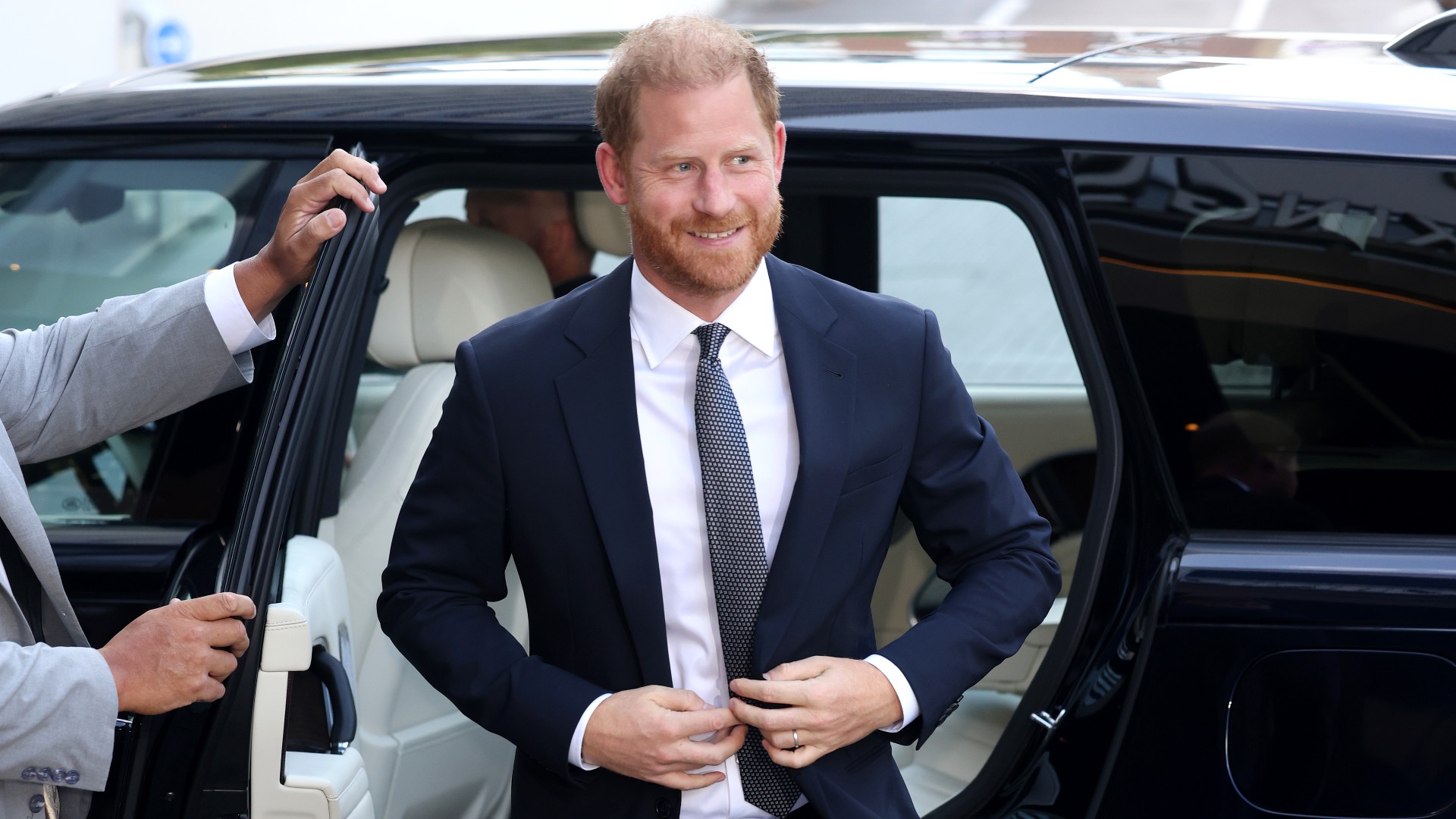 Prince charming: Harry’s tea with King sparks royal reconciliation rumours
Prince charming: Harry’s tea with King sparks royal reconciliation rumoursTalking Point Are the royals – and the UK public – ready to welcome the Duke of Sussex back in?
-
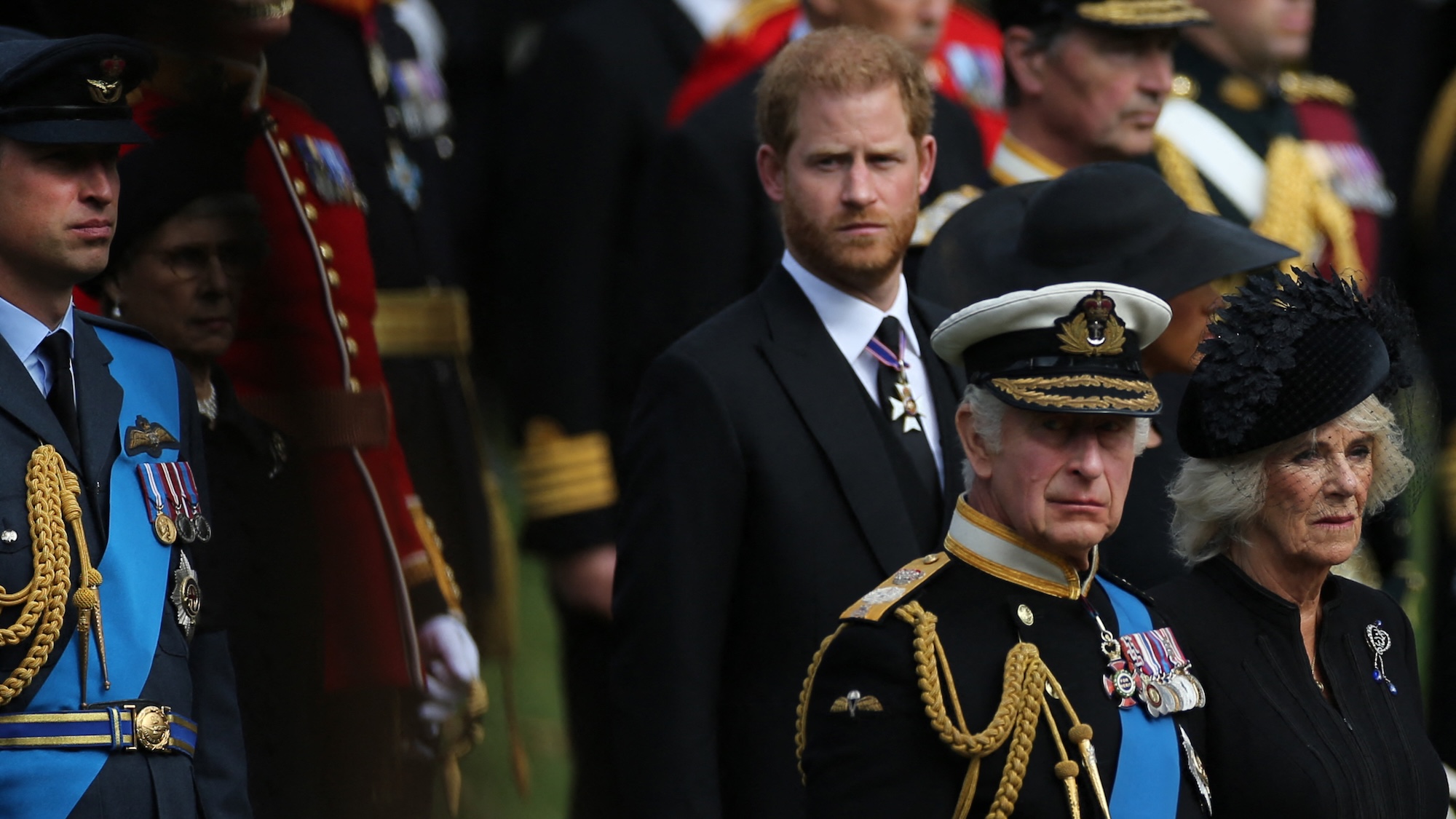 King Charles and Prince Harry: peace in our time?
King Charles and Prince Harry: peace in our time?Talking Point Leaked images of a secret meeting between royal aides suggest a dialogue is beginning to open up
-
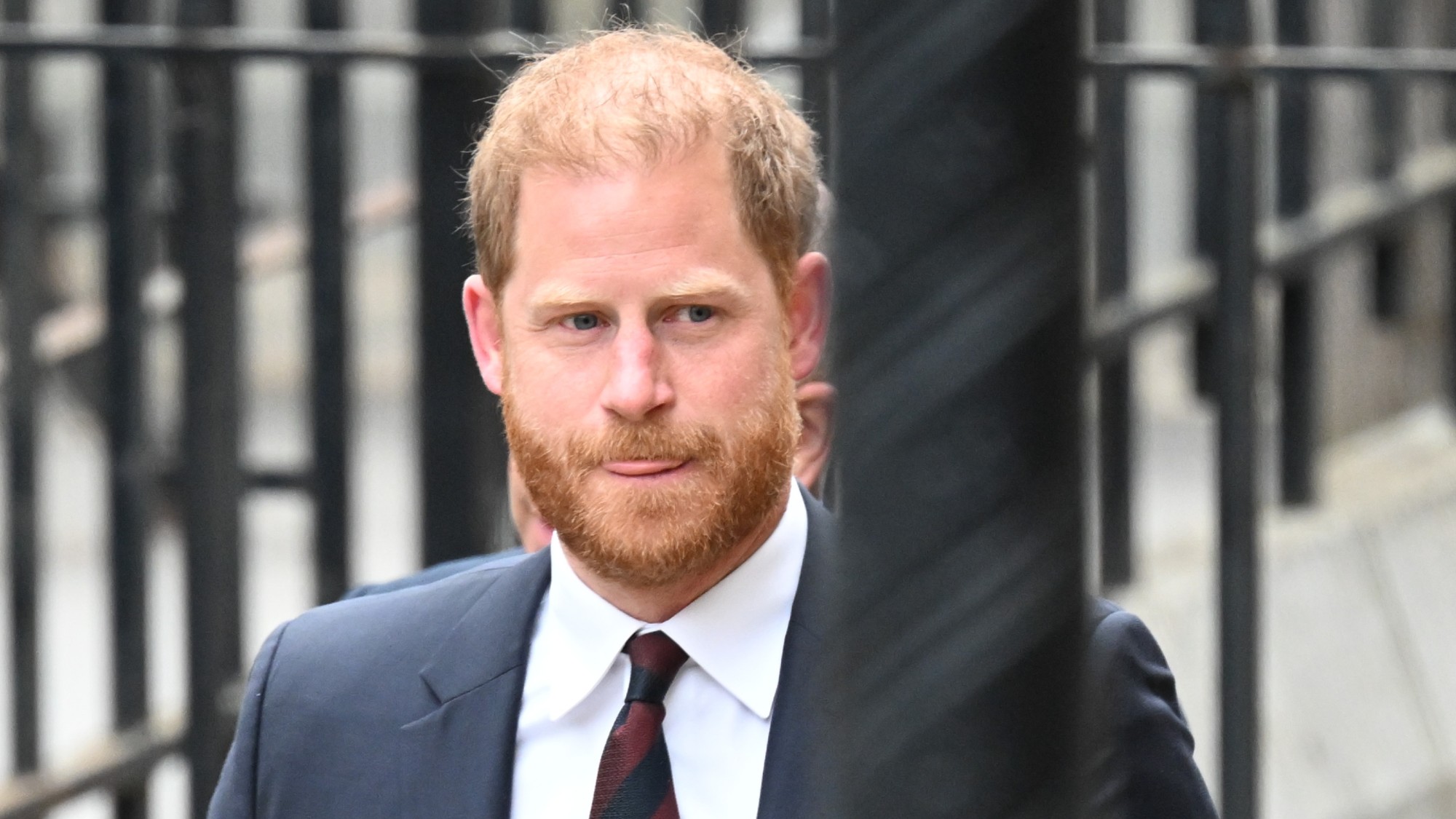 Prince Harry's 'bombshell' BBC interview
Prince Harry's 'bombshell' BBC interviewTalking Point Royal claims he is not safe to visit the UK and fuels speculation over King Charles' health in 'extraordinary' BBC interview
-
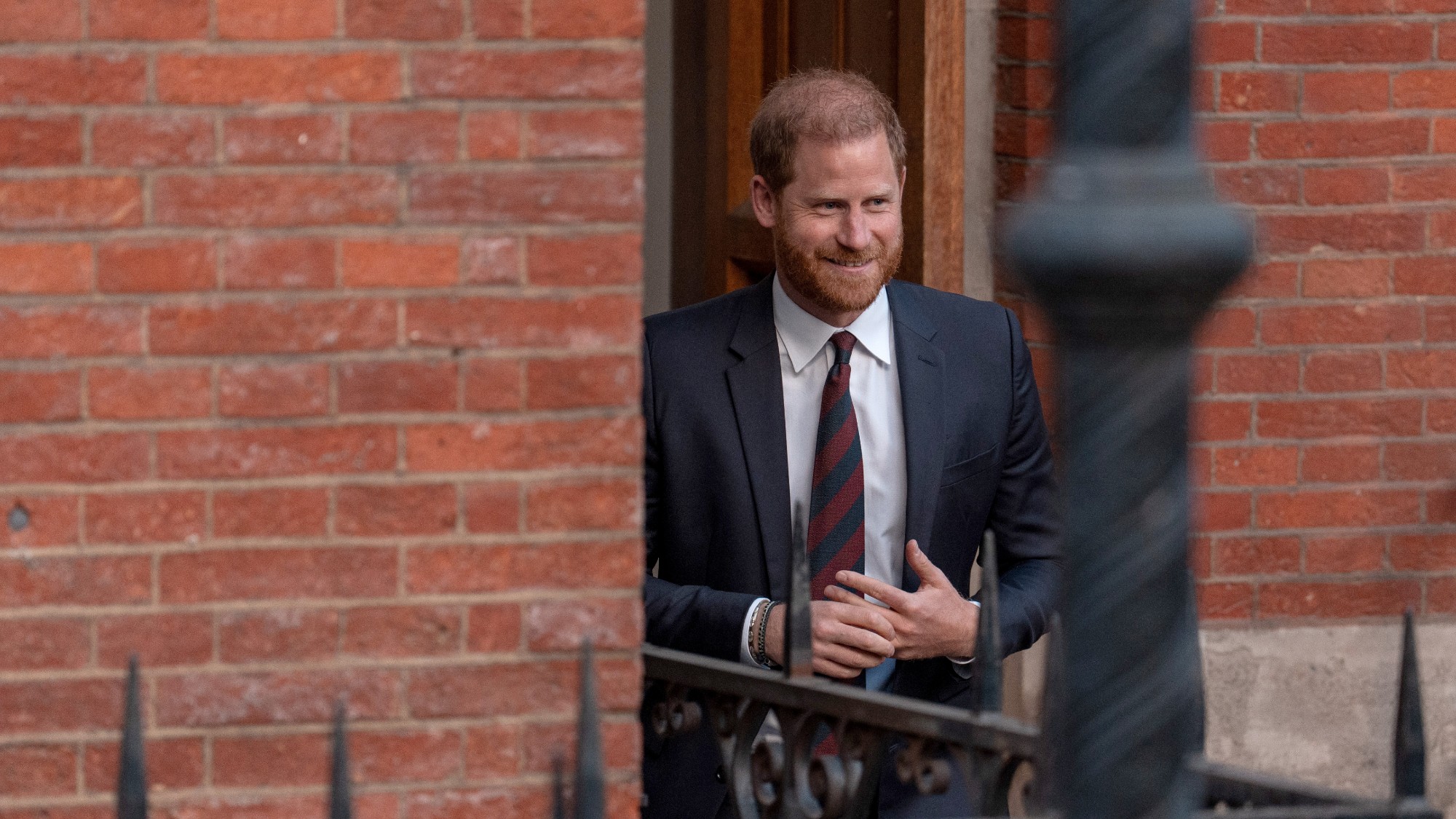 Is Prince Harry owed protection?
Is Prince Harry owed protection?Talking Point The Duke of Sussex claims he has been singled out for 'unjustified and inferior treatment' over decision to withdraw round-the-clock security
-
 The Sentebale row: a blow for Prince Harry
The Sentebale row: a blow for Prince HarryTalking Point Duke of Sussex made 'devastating' decision to stand down as Aids charity's patron, following 'power struggle' between its trustees and new chair
-
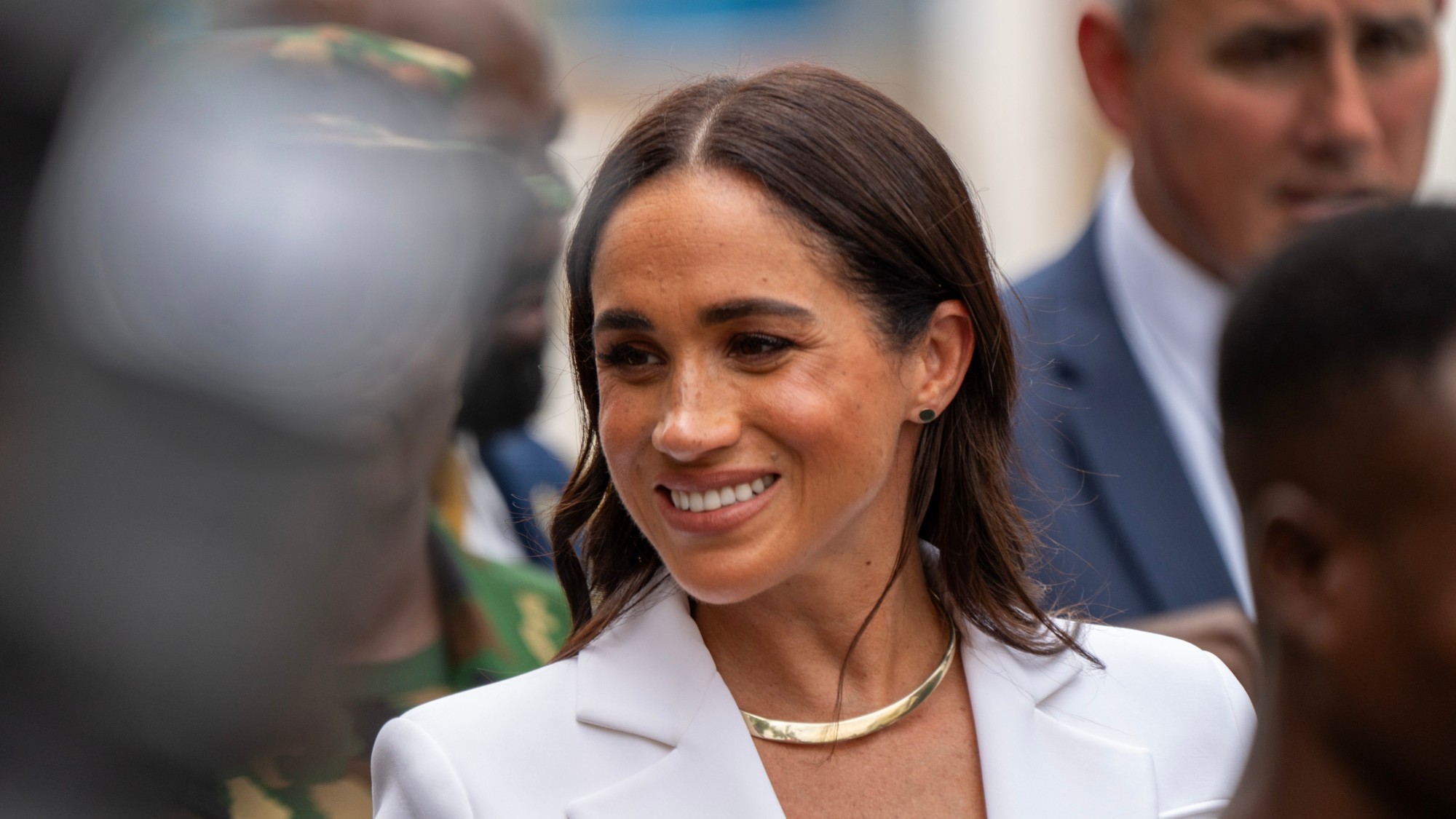 The princess and the PR: Meghan Markle's image problem
The princess and the PR: Meghan Markle's image problemTalking Point A tough week for the Sussexes has seen a familiar tale of vitriol and invective thrown the way of the actor-cum-duchess
-
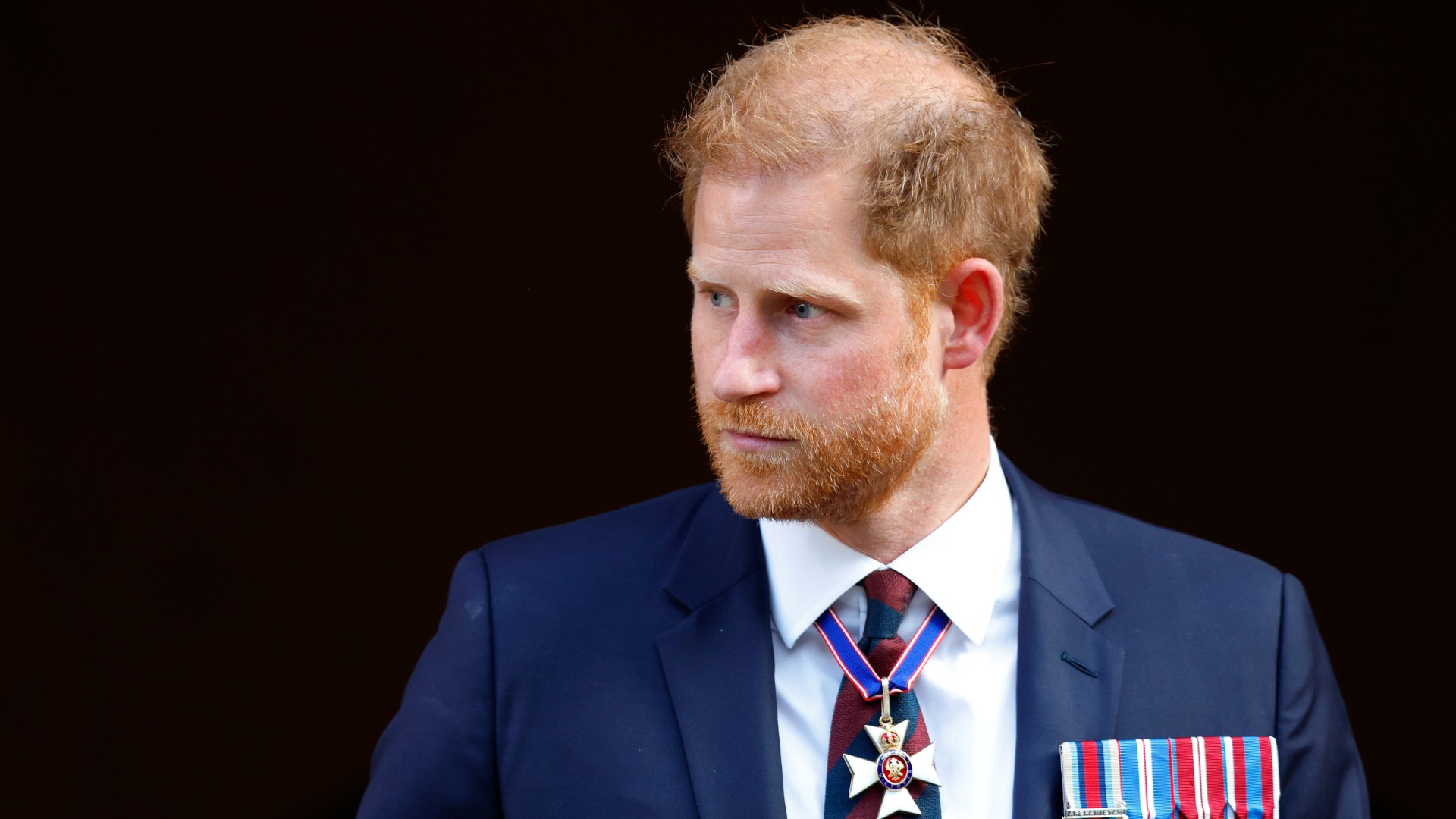 Is Prince Harry planning a royal comeback?
Is Prince Harry planning a royal comeback?In the Spotlight Duke of Sussex looking to repair relationship with King Charles and 'rehabilitate' his image back in UK
-
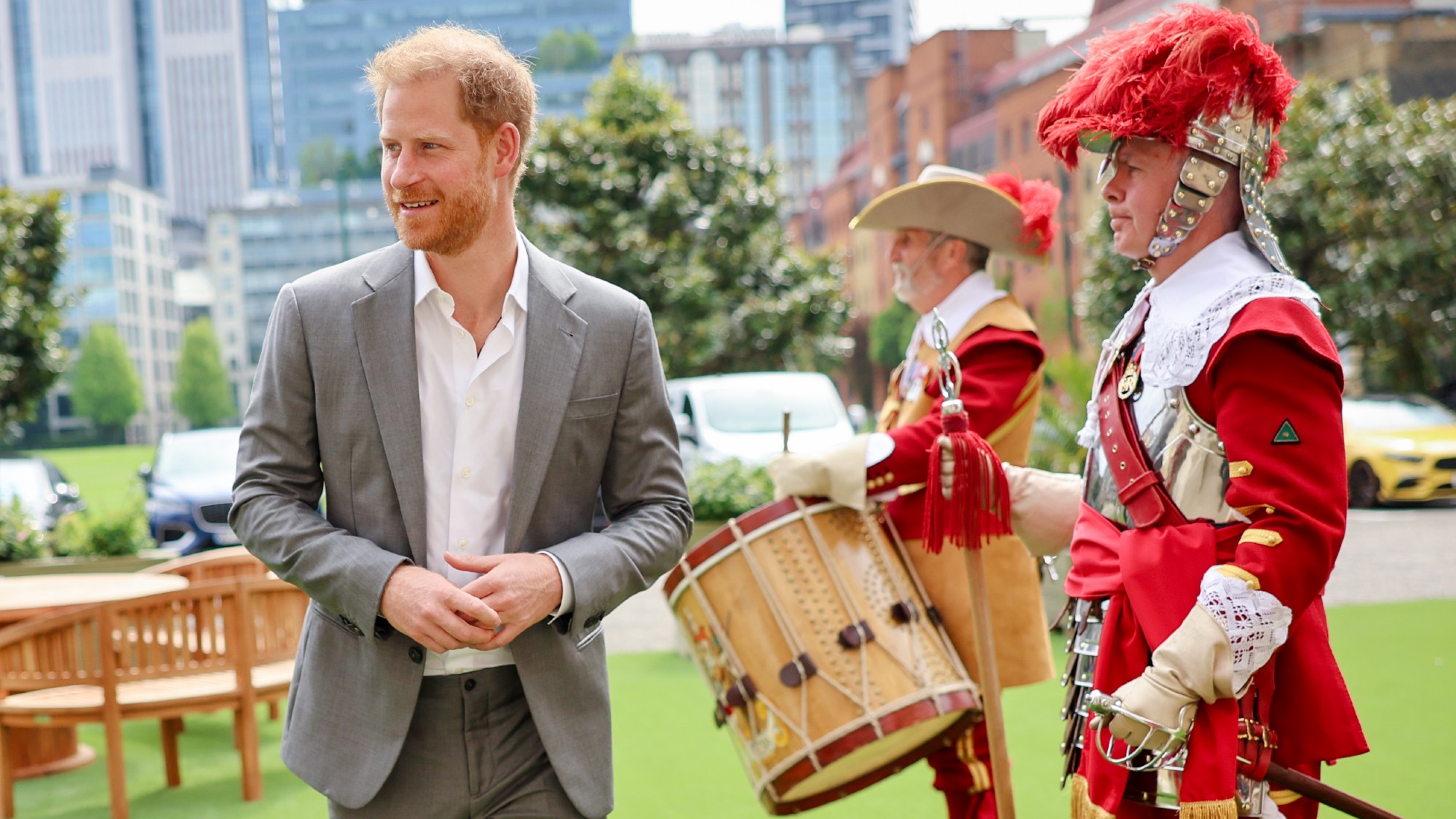 Prince Harry returns to mark 10 years of Invictus – but he won't see the King
Prince Harry returns to mark 10 years of Invictus – but he won't see the KingSpeed Read Duke of Sussex will not see his father during London visit 'due to His Majesty's full programme'